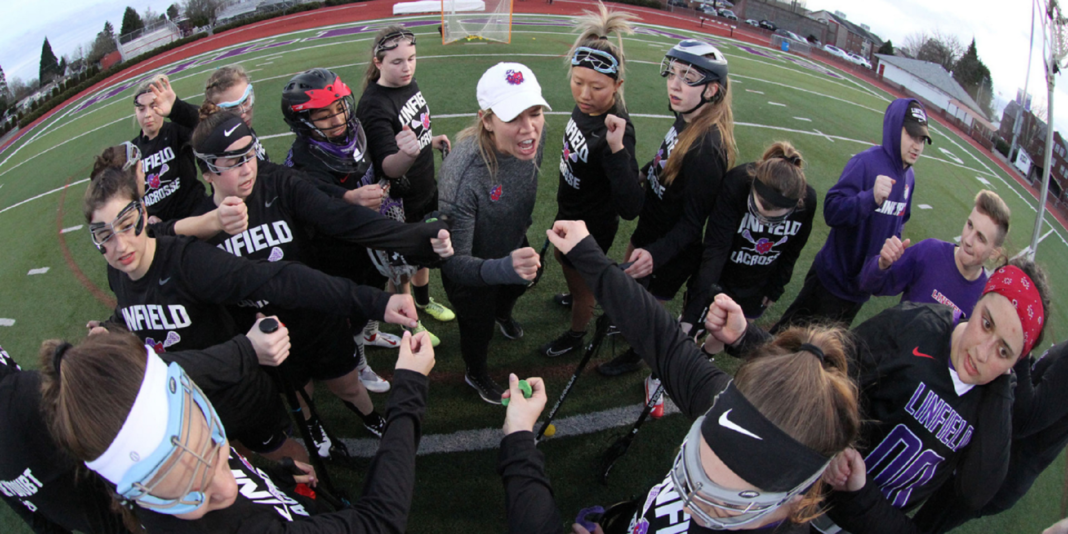Coaching plays a vital role in sports, serving as a guiding force that inspires and develops athletes to reach their full potential. A coach’s role extends beyond technical instruction; they act as mentors, motivators, and facilitators of skill enhancement. This article delves into the significance of coaching in sports and explores the various ways in which coaches inspire and develop athletes.
Coaches provide athletes with the knowledge and skills necessary to excel in their respective sports. Through technical instruction, they teach proper techniques, strategies, and game plans. Coaches have an in-depth understanding of the sport and can break down complex concepts into actionable steps, allowing athletes to improve their performance.
However, coaching goes beyond just technical expertise. Coaches also act as mentors, guiding athletes through their sporting journey. They provide support, encouragement, and advice, helping athletes navigate challenges, setbacks, and successes. A coach’s mentorship instills discipline, resilience, and a strong work ethic in athletes, which are valuable qualities both on and off the field.
Motivation is another crucial aspect of coaching. Coaches inspire athletes to push their limits, overcome obstacles, and strive for excellence. They create a positive and motivating environment that fosters a growth mindset, instilling belief and confidence in athletes. By understanding each athlete’s unique motivations, coaches can tailor their approach to maximize performance.
Coaches play a pivotal role in athlete development, not only in terms of skill enhancement but also in nurturing character and personal growth. They teach important life lessons such as teamwork, sportsmanship, and perseverance. Through feedback and constructive criticism, coaches help athletes identify areas for improvement, fostering continuous growth and self-reflection.
Sports psychology is an integral part of coaching. Coaches understand the psychological aspects of sports performance and help athletes develop mental toughness, focus, and resilience. They provide strategies to manage pressure, handle stress, and overcome performance anxieties. By addressing the psychological dimensions of sports, coaches empower athletes to perform at their best under various circumstances.
The impact of coaching in sports is undeniable. Coaches have the ability to transform athletes’ lives, both athletically and personally. Their guidance, expertise, and unwavering support contribute to the holistic development of athletes, enabling them to reach their full potential and achieve success in their sporting endeavors.
Coaching plays a multifaceted role in sports, encompassing technical instruction, mentorship, motivation, and skill development. Coaches inspire and develop athletes to unlock their full potential, fostering growth both on and off the field. Their impact extends beyond winning games; they shape the lives of athletes, instilling values and skills that transcend sports.

